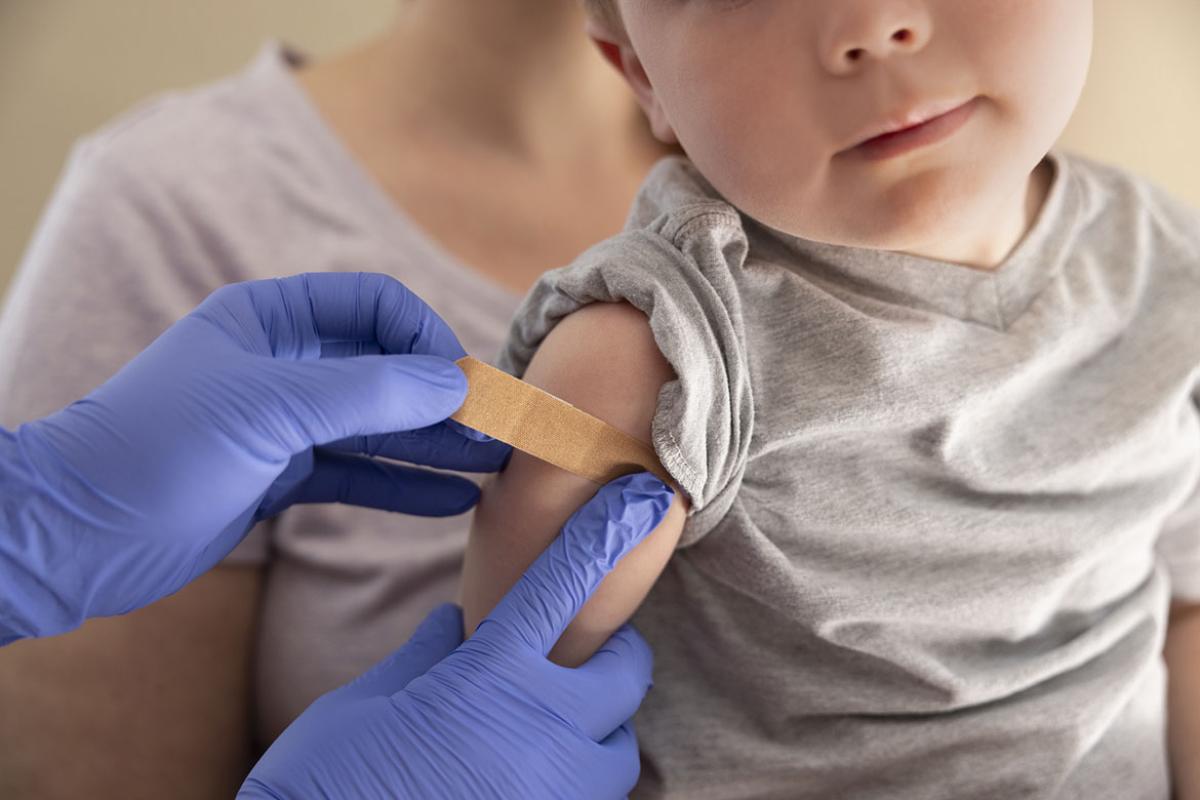CHICAGO — During the Annual Meeting of the American Medical Association (AMA), delegates adopted several policies intended to increase patient access to care and life-saving tools for mental health and substance use disorders, as part of the organization’s ongoing advocacy to improve the health of the nation.
Supporting Harm Reduction
The AMA House of Delegates (HOD) adopted policy supporting efforts to decriminalize the possession of non-prescribed buprenorphine for personal use by individuals who lack access to a physician for the treatment of opioid use disorder (OUD). A 2023 study found buprenorphine treatment after nonfatal opioid-involved overdose was associated with a 62% reduction in the risk of opioid-involved overdose death. Despite strong evidence for the effectiveness of buprenorphine to treat OUD, there is a lack of access due to multiple factors including stigma, regulatory and legal barriers, and issues with health insurance coverage.
“Opioid use disorder is a treatable medical disease and buprenorphine is proven to be an effective treatment,” said Bobby Mukkamala, M.D., AMA president-elect and chair of the AMA Substance Use and Pain Care Task Force. “Given the innumerable barriers to care for opioid use disorder, combined with the clear benefits of increasing access to buprenorphine, decriminalizing non-prescribed buprenorphine for personal use is necessary to prevent more overdoses and deaths.”
Effective Overdose Reversal Medications in Educational Settings
A new report from the AMA Board of Trustees finds school districts and universities across the country are rapidly adopting efforts to increase access to naloxone. The report highlights AMA policy encouraging states and communities to allow schools to have safe and effective overdose reversal medications readily accessible to staff, teachers, and students.
CDC data show monthly overdose deaths among adolescents increased 109 percent between 2019 to 2021, with 84 percent of deaths involving illicitly manufactured fentanyl. Two thirds of deadly overdoses had one or more potential bystanders present, but naloxone was administered only 30 percent of the time.
“Schools are recognizing the value of having naloxone on hand. It is a needed layer of protection to keep young people safe and alive,” said Dr. Mukkamala. “AMA advocacy and model legislation has led to approximately 30 states authorizing educational settings to administer naloxone. That’s great progress, but the remaining states need to get on board to save lives.”
The AMA continues to support widespread distribution and availability of naloxone and urges physicians to educate patients on naloxone and prescribe to patients at risk of overdose.
Expanding Access to Naloxone, Overdose Reversal Medication
Approximately 26,500 opioid overdoses in the United States were reversed by laypersons using naloxone from 1996 to 2014, according to CDC data. To bolster the use of naloxone and ensure it is more widely accessible, the AMA adopted new policy to support the expansion of naloxone availability by locating intranasal naloxone along with automated external defibrillators (AEDs) in public locations.
“We know that naloxone is not only safe and effective in reversing opioid overdoses, but easy for bystanders to use when an opioid overdose is suspected. By making naloxone more accessible, particularly where AEDs are located in public spaces, we can help prevent more opioid overdoses and save lives,” said Dr. Mukkamala.
Enforcing Parity Laws
In response to the nation’s ongoing mental health crisis and overdose epidemic, the HOD voted to adopt policy further strengthening the AMA’s commitment to addressing insurers’ continued failures to comply with the Mental Health Parity and Addiction Equity Act (MHPAEA). The policy calls for continued advocacy for meaningful financial and other penalties for insurers that do not comply with parity laws. A recent study (PDF) found when compared other medical and surgical care, patients are nine times more likely to seek out-of-network care for behavioral health clinicians, including psychiatrists and psychologists, highlighting the challenges in finding affordable care for mental health and substance use disorders. The AMA has long advocated for holding insurers accountable and increasing enforcement in parity laws, including urging federal regulators to finalize rules (PDF) that would strengthen MHPAEA .
Media Contact:
About the American Medical Association
The American Medical Association is the physicians’ powerful ally in patient care. As the only medical association that convenes 190+ state and specialty medical societies and other critical stakeholders, the AMA represents physicians with a unified voice to all key players in health care. The AMA leverages its strength by removing the obstacles that interfere with patient care, leading the charge to prevent chronic disease and confront public health crises and, driving the future of medicine to tackle the biggest challenges in health care.



